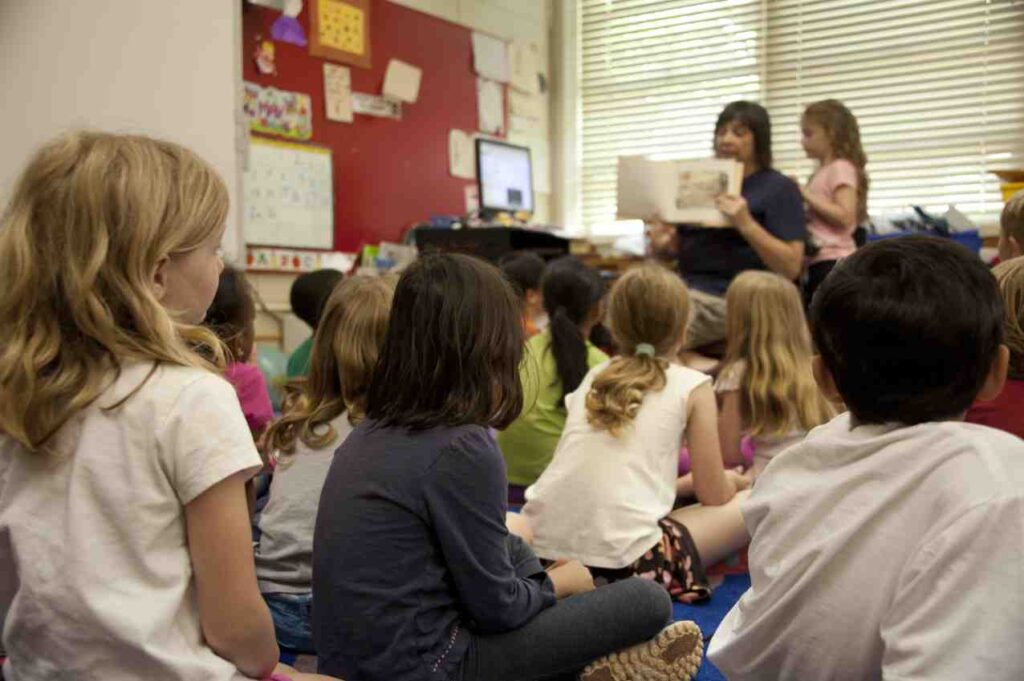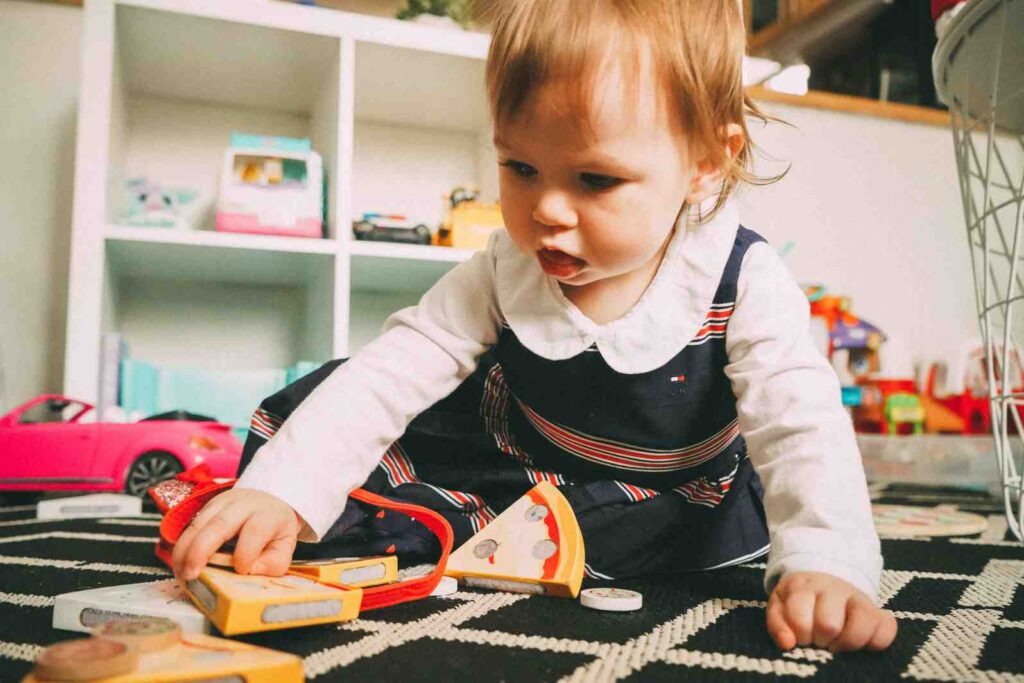
Blog
How Long Should a Preschool Day Last? – CINEB

Overview
When it comes to a child’s early education, parents are often presented with a multitude of decisions to make. One crucial aspect is determining the appropriate duration for preschool. As parents strive to provide the best foundation for their child’s development, understanding the factors that influence preschool duration becomes essential. In this content all about knoow How Long is Preschool?, we’ll delve into the various facets of preschool duration, uncovering its significance and shedding light on how to make an informed decision.
Understanding Preschool Education
Definition and Purpose of Preschool
Preschool, also known as pre-kindergarten or nursery school, is an educational setting designed for young children before they enter formal schooling. Its primary aim is to provide a stimulating environment that fosters early learning, social interaction, and essential cognitive skills.

Benefits of Preschool Education
Research underscores the numerous benefits of quality preschool education. These programs promote cognitive growth, language development, and essential social skills. Children exposed to a structured early learning environment tend to exhibit improved problem-solving abilities and a smoother transition into elementary school.
Duration of Preschool Programs
Varied Lengths of Preschool Programs
Preschool program durations can vary significantly. They typically range from two to five hours per day. Parents can choose between half-day and full-day programs based on their child’s needs and their own schedules.
Half-Day vs. Full-Day Programs
Half-day programs, usually lasting two to three hours, offer a condensed curriculum focused on core skills. On the other hand, full-day programs provide a more comprehensive educational experience, including additional activities and extended social interactions.

Factors Influencing Preschool Duration
Educational Philosophies
Different preschools adhere to distinct educational philosophies, influencing program duration. For instance, Montessori and Reggio Emilia approaches emphasize child-led learning and may have longer sessions, while traditional programs follow a more structured schedule.
Parental Work Schedules
The demands of parental work schedules often play a role in choosing preschool duration. Full-day programs can provide childcare support for working parents, while those with flexible schedules might opt for half-day programs.
Curriculum and Activities
Preschool curricula and the variety of activities offered can impact duration. Some programs integrate specialized subjects or extracurricular activities, potentially extending the daily schedule.
Typical Daily Schedule in Preschool
Morning Routine
A typical preschool day starts with a morning routine, including arrival, greetings, and a brief group activity to set the tone for the day.
Learning Activities
Preschoolers engage in various learning activities such as storytelling, arts and crafts, and early math and language exercises.
Playtime and Snacks
Playtime is vital for developing gross motor skills and social interaction. Snack breaks also provide opportunities for learning manners and sharing.
Nap Time
Full-day programs often include a designated nap or rest time to ensure children are well-rested and attentive during afternoon activities.
Afternoon Activities
The afternoon session may involve more playtime, outdoor activities, and collaborative projects to encourage teamwork.
Comparing Preschool Duration Worldwide
International Standards
Preschool durations vary worldwide, reflecting cultural norms and educational practices. Scandinavian countries, for example, often have shorter days focused on play and socialization.
Cultural and Regional Differences
Cultural expectations and regional norms play a significant role in determining preschool duration. Some cultures prioritize longer learning hours, while others emphasize breaks and unstructured play.
Importance of Preschool Duration
Developmental Milestones
Preschool years are critical for cognitive, emotional, and social development. The duration of preschool can impact a child’s progress through these developmental milestones.
Social and Emotional Growth
Extended preschool hours can facilitate stronger peer interactions, aiding in the development of essential social and emotional skills.
Choosing the Right Preschool Duration
Child’s Age and Readiness
Consider your child’s age and readiness for structured learning when choosing a preschool duration. Younger children might thrive better in shorter sessions.
Family Needs and Dynamics
Align the preschool schedule with your family’s needs and dynamics. Consider work commitments, commuting time, and other responsibilities.
Common Misconceptions About Preschool Duration
Longer is Always Better
While longer preschool hours may offer more learning opportunities, quality and developmentally appropriate activities matter more than duration alone.
Half-Day Preschool Lacks Quality
Half-day programs can provide an enriching educational experience, focusing on essential skills without overwhelming young learners.
Preparing Your Child for Preschool
Familiarization with Schedule
Before starting preschool, introduce your child to the daily routine they’ll experience. This can help alleviate anxiety and make the transition smoother.
Establishing Routine at Home
Establishing a consistent routine at home prepares children for the structured environment of preschool, making the adjustment easier.
Expert Opinions on Preschool Duration
Views from Educators
Educators stress the importance of balance. They suggest that an ideal preschool duration strikes a harmony between learning, play, and rest.
Advice from Child Psychologists
Child psychologists advocate for age-appropriate durations that prioritize play, socialization, and hands-on learning.
Parental Experiences and Testimonials
Short vs. Long Preschool Programs
Parents who’ve experienced both short and long preschool programs share their insights on how different durations affected their children’s development.
Positive Outcomes
Positive outcomes are achievable with both half-day and full-day preschool programs, emphasizing the significance of quality over quantity.
Final Thoughts
Selecting the ideal duration for your child’s preschool education is a decision that requires thoughtful consideration. As we’ve explored, there is no one-size-fits-all answer. The duration of preschool varies based on educational philosophies, cultural norms, parental needs, and the child’s readiness for learning. What’s clear, however, is that the quality of the educational experience matters more than the number of hours spent in preschool.
Preschool provides a vital foundation for a child’s future learning and development. It offers a nurturing environment where young minds can explore, experiment, and interact with peers. Whether you opt for a half-day program that focuses on core skills or a full-day program that provides a comprehensive educational journey, the key is to strike a balance that aligns with your child’s needs and your family’s dynamics.
As you embark on this journey, remember that preschool is not just about academic learning; it’s about fostering a love for learning, social skills, and emotional growth. Consider expert opinions, parental experiences, and your child’s individuality when making your decision.
In my final thoughts or Review the duration of preschool is a meaningful choice that contributes to your child’s early development. By choosing wisely, you’re setting the stage for a successful and enriching educational journey.
Frequently Asked Questions “FAQ”
Q1: How early can a child start preschool?
Answer: Preschool enrollment typically begins around the age of 2 to 3, depending on the program and the child’s readiness.
Q2: Are there flexible preschool programs?
Answer: Yes, many preschools offer flexible scheduling options to accommodate different parental needs and work schedules.
Q3: What if my child doesn’t adjust to the schedule?
Answer: It’s common for children to take time adjusting to a new routine. Consistent communication with teachers and gradual adaptation can help ease the transition.
Q4: Can I switch my child from half-day to full-day preschool?
Answer: In many cases, transitioning between program durations can be possible. Consult with the preschool administration to explore the options.
Q5: How does preschool duration impact academic performance?
Answer: While longer preschool hours can provide more learning opportunities, the quality of instruction and engagement matters most for academic progress.

